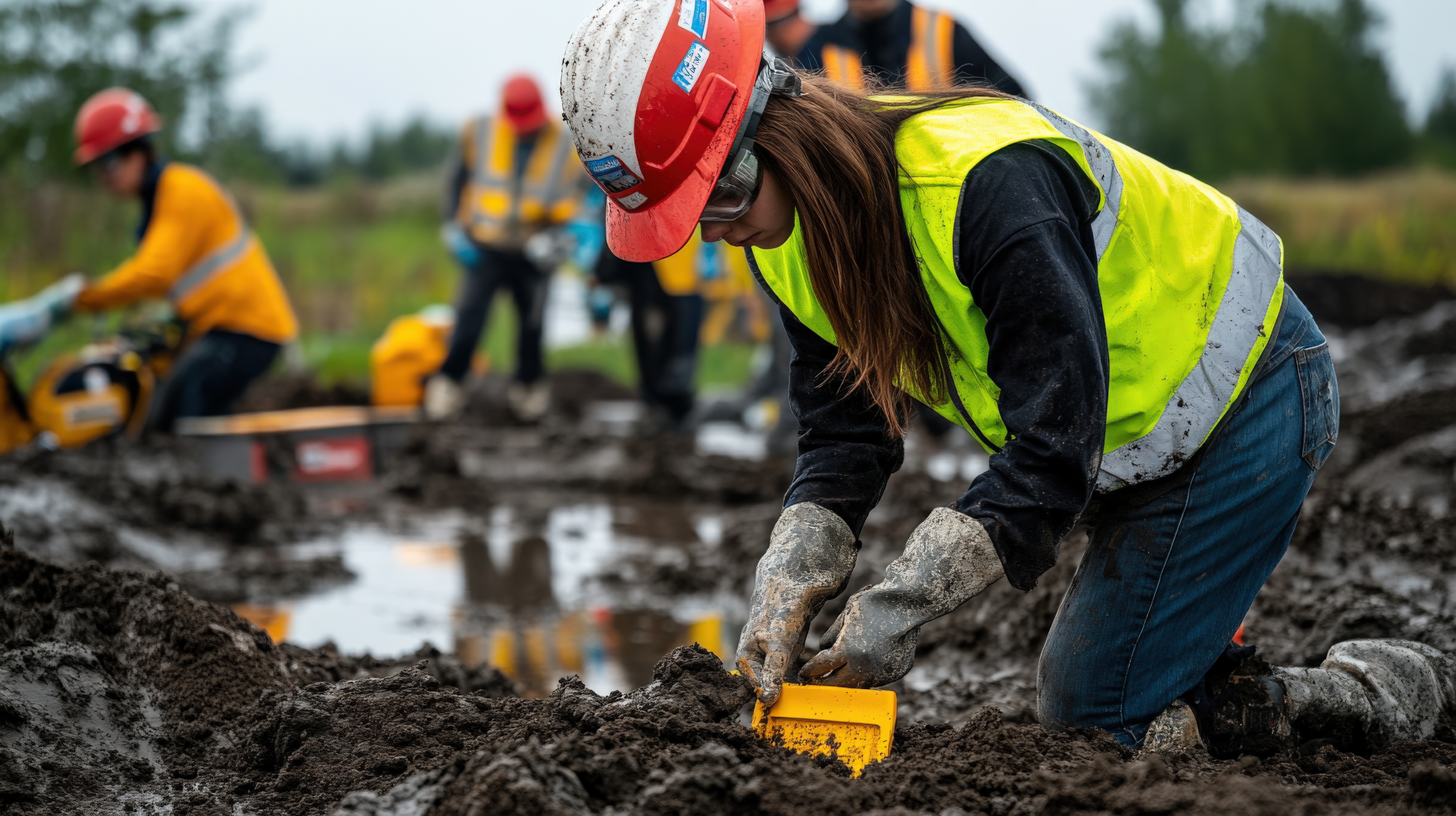Introduction
___
Land contamination as a result of both agricultural and industrial activities is a major issue that is being addressed by CTET with support from UNSW Sydney researchers. In particular, R&D on understanding the rate and extent of generation of acidity as a consequence of disturbance of sulfidic soils and sediments as a result of agricultural and mining activities is underway. The UNSW and CTET teams are also examining methods of enhancing the natural attenuation of legacy contaminants present in subsurface environments as a consequence of previous poor industry and waste management practices.
Competitive advantages
___
-
Critical mass of expertise in soil and water chemistry, hydrology and microbiology.
-
Full in-house suite of modern instrumentation to measure (in)organic contaminants and pathogenic microorganisms.
Recent research projects
___
-
Reactive oxygen species production on oxygenation of subsurface sediments. Australian Research Council
-
New perspectives on iron oxide transformations in oxic and anoxic aqueous environments: implications for iron bioavailability and contaminant mobility. Australian Research Council
-
Exploiting natural processes to effectively remediate acidified coastal environments. Australian Research Council
- Development of natural attenuation approaches to mitigate transport of chlorinated organic chemicals


